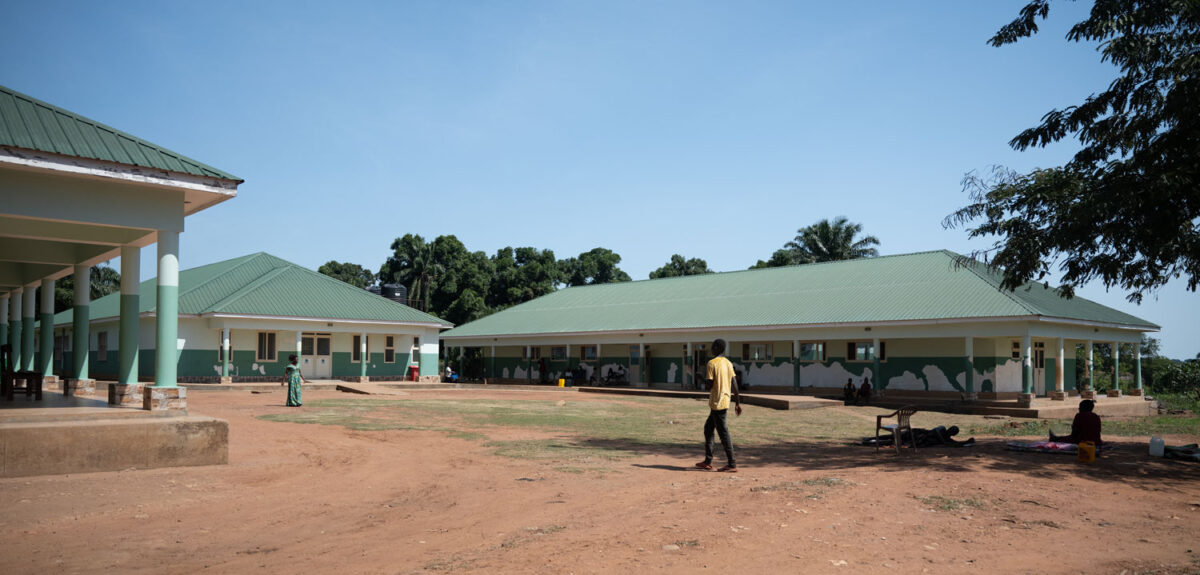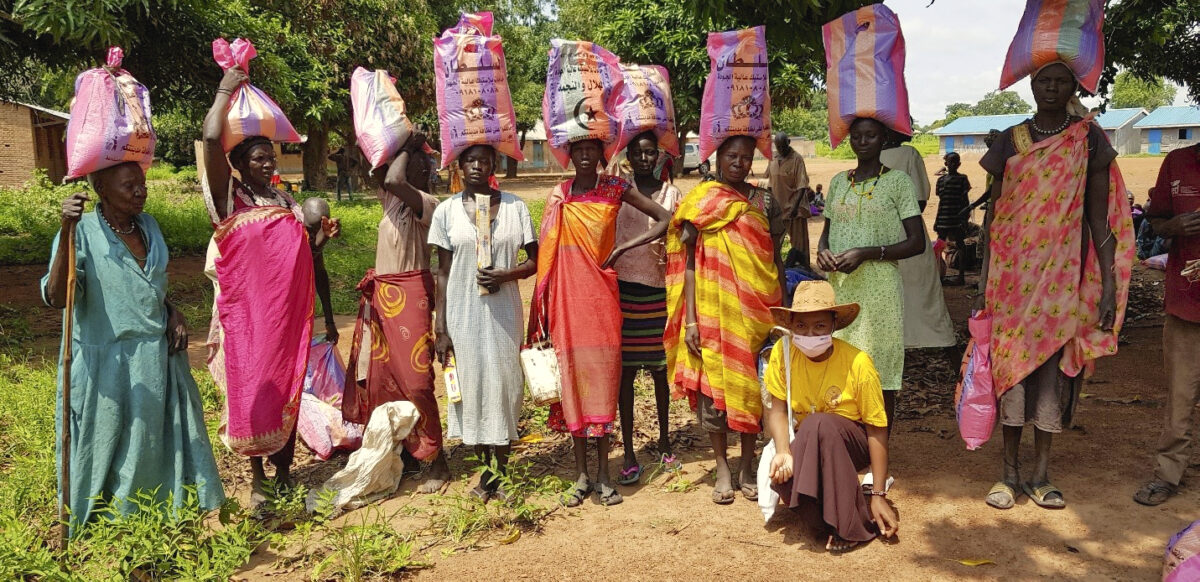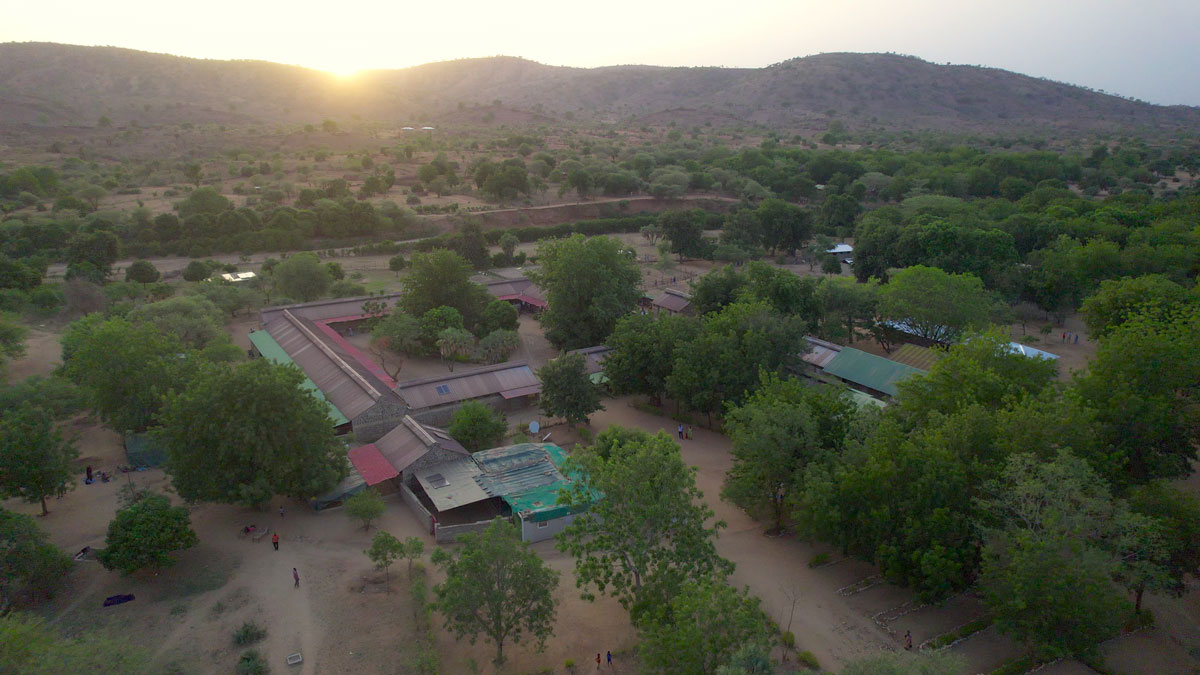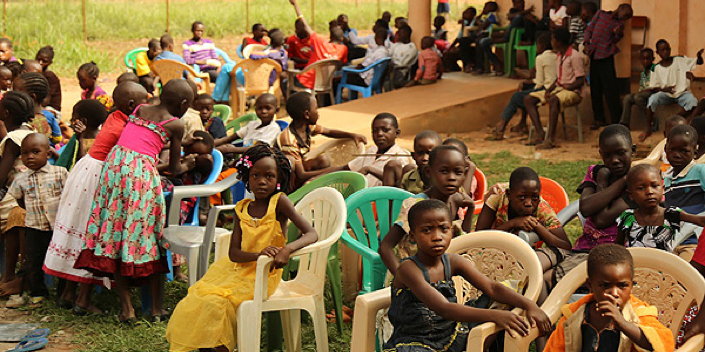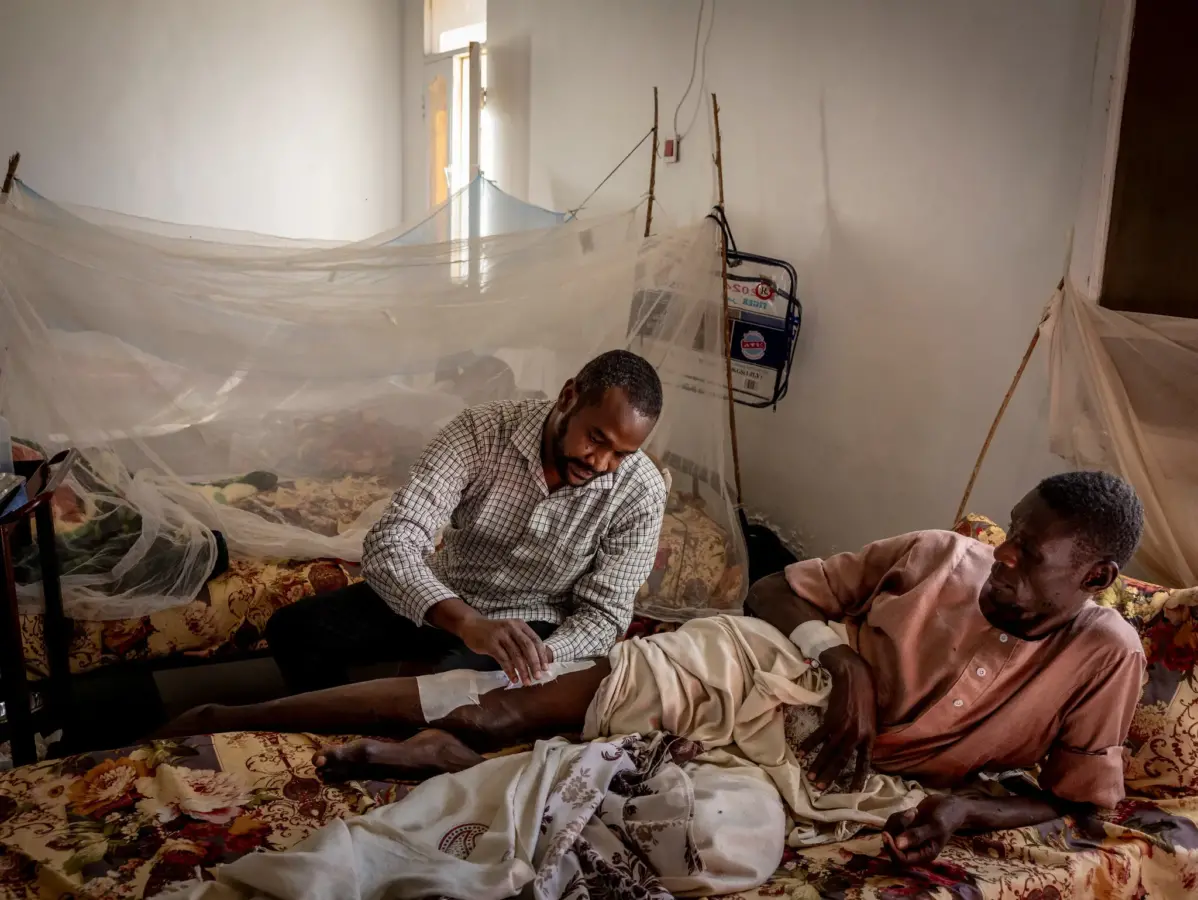
War in Sudan Leaves Capital City in Ruins
Humanitarian Crisis Becoming Worst in the World
In Khartoum, a once bustling city known as a gem of the Sudan lies in ruins.
The battle that erupted without warning on an ominous April afternoon in 2023 has left a trail of devastation in its wake – not just of the once glittering skyscrapers that reflected the success of the rich oil and gold trade in the region, but also in the lives of more than 9 million people who lost their homes and left the city a shell of a ghost town.
Some structures stand empty after being hastily abandoned, while others are pocked with gaping holes from artillery shells sustained during the months of fighting. Businesses shut down. Banks have been robbed and looted. The international airport is no longer operating. Most hospitals closed as well. The few remaining ones operate in the dark without electricity, in buildings also marred with tattered walls and windows from bombardment by the RSF.
The Rapid Support Forces who once served Sudan’s military traded their allegiance to become its brutal enemy, now locked in a power struggle with the government for military control. The official death toll from soldiers on both sides is estimated at 150,000, though is suspected to be much higher.
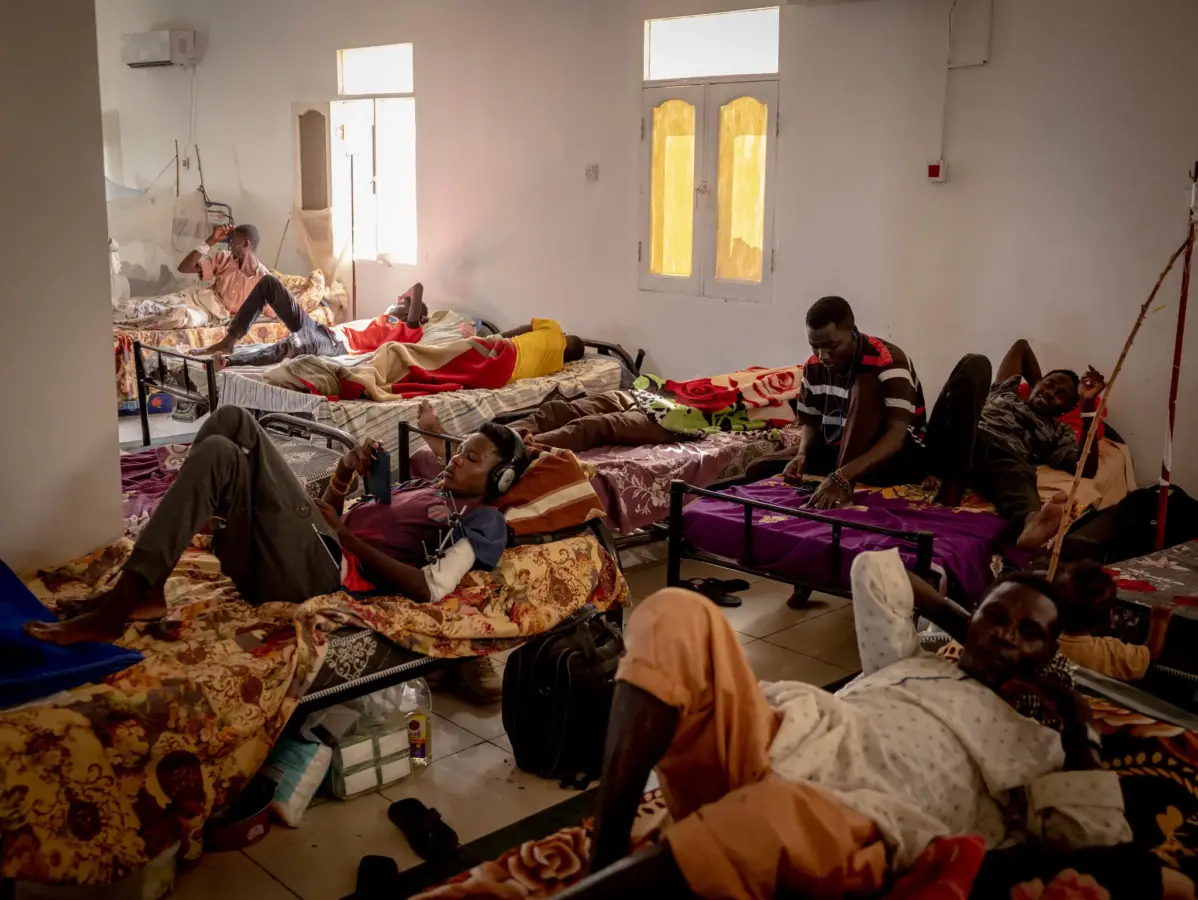
But it’s the survivors who struggle to carry on in crowded refugee camps in neighboring countries like Chad and South Sudan, or remote locations they fled to in Sudan’s Nuba Mountains, where an abysmal lack of resources leaves them only marginally better off than the wartorn ruins of their home.
With nowhere to return to and livelihoods destroyed, many with loved ones lost or unaccounted for, the displaced languish in the heat in overwhelmed refugee camps trying to recover from their trauma and loss. There’s not enough food to go around. Infrastructure has broken down. Distribution routes are interrupted. Most camps lack medicine to meet the needs of the sick and injured.
Malnourishment and the threat of starvation are rampant. The UN has called it the world’s worst displacement crisis and simultaneously the world’s worst hunger crisis, comparing it in severity to the great Ethiopian famine of the 1980’s. More than 220,000 children could die in the coming months alone, warns the UN. It is children who suffer the worst effects from malnutrition and are left the most vulnerable to starvation.
The war has radiated outward from its origins in Sudan’s capital city, and great concern exists over the area of Darfur, a coveted breadbasket of the region and also the target of attempted genocide years before. The diverse ethnic and religious composition of Sudan’s demographic, once regarded as adding rich cultural contributions to the fabric of the country, now creates a prime scenario for divisive prejudices to descend into violent war crimes.
“One of the most horrific situations on earth is on a trajectory to get far, far worse,” said Tom Perriello, United State envoy for Sudan.
But stories of hope persist within the war weary citizens among the calamity. Some orthodox churches strive to remain open despite shards of light that penetrate through shelling holes in their ceilings. One sheik and muslim cleric housed over 1,000 people on his property. He runs a soup kitchen for anyone who can make their way to the area, and purchases food whenever possible from his own stores of cash to feed the destitute that have heard of his oasis through word of mouth.
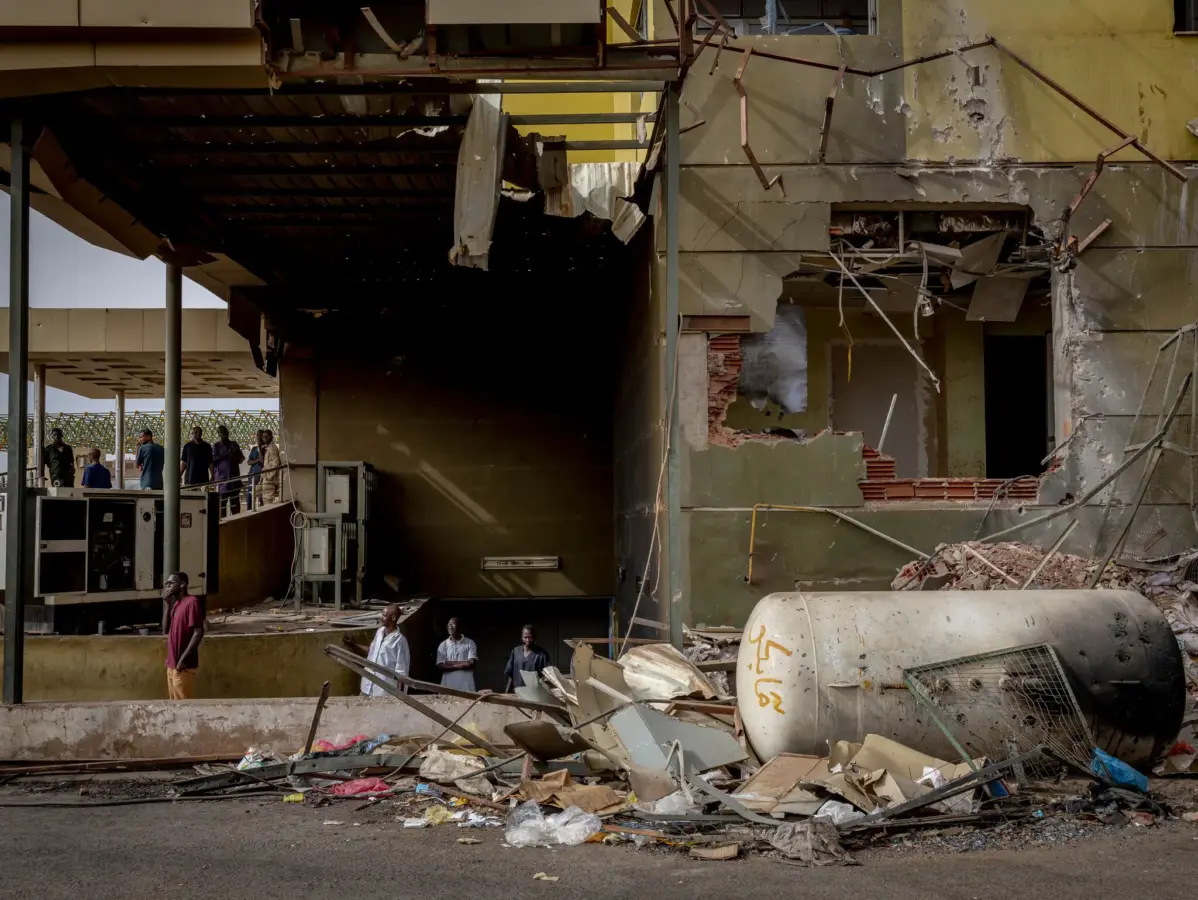
A rickshaw driver who ventured out in search of food chimed, “We will have a beautiful future, God willing,” as he clutched a plastic bowl in one hand.
With famine reaching epic proportions, the need for international aid is critical. As the world watches the conflicts in Ukraine and Gaza, the humanitarian toll in Sudan’s forgotten catastrophe continues to rise. While global organizations are slow to mobilize, Sudan Relief Fund is already on the ground in Sudan and South Sudan, distributing emergency aid in the form of food, shelter, and medicine.
Mother of Mercy Hospital – the only outpost of medical hope in a vast region of the Nuba Mountains – remains open to help victims of the war and famine, thanks to your support to provide the medicines needed. Missionary doctor and hospital director, Tom Catena, has seen the hospital through wartime before, and he’s committed to keeping the facility running to serve those in need during this critical time.
Our teams on the ground continue to provide emergency aid to famished refugees in the Malakal transit camp, as well as keeping the rescue boat running as a vital lifeline to transport families escaping the warzone into safety.
Please consider joining our efforts to reach more desperate families with lifesaving help as this tragedy unfolds. Starvation doesn’t wait, and your gift will save a life.
Read more about the developing situation.


